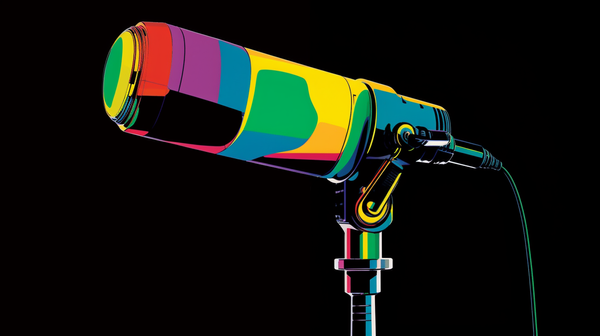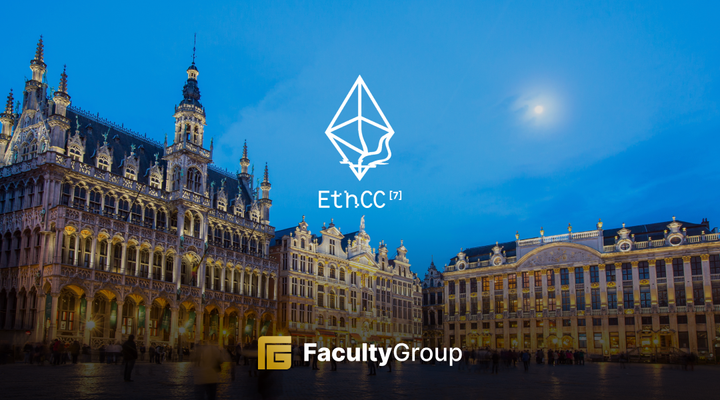Music 2023: Where Are We Going?

Having worked at the forefront of blockchain and music for the last 6 years, we've been exposed to the transformative power of technology across various industries. In co-founding MODA DAO, we were driven by the belief that blockchain and Web3 technology could help artists and creatives solve long-standing challenges in the music industry, such as royalties, revenue streams, and fan engagement.
As we find ourselves in 2023, it's clear that the music industry has always been ahead of the curve when it comes to embracing new technologies and consumer trends. The shift from ownership models (vinyl and CDs) to rental models (Napster piracy to streaming platforms like Spotify and Apple Music) has greatly impacted how artists monetize their music and engage with fans.
Despite the convenience and ubiquity of streaming services, the concept of music collecting is far from dead. Music collecting is evolving, with digital ownership through non-fungible tokens (NFTs) emerging as a new way to truly own music and create a unique connection between artists and fans. By purchasing music NFTs, fans can build a legacy collection of tokenized digital music and enjoy a closer connection to artists and collaborators. This trend coexists with the resurgence of vinyl records, which saw a 20% increase in sales, amounting to $1.2 billion in 2022, and surpassing CD sales for the first time since 1988.
Living in an increasingly digital world, this collector mentality will surely spread to the next generation in a digital format.
Private equity has increasingly entered the music industry, transforming music into an asset class that can be bought and sold for future revenue streams. This trend is expected to continue, solidifying music as a valuable investment. However, the industry still faces significant challenges, particularly in distributing and tracking music rights and the protection of these rights in the era of generative AI.
One of the biggest challenges in the music industry is the distribution and tracking of music rights and the protection of these rights as generative AI takes off. With traditional methods, knowing who owns the rights to a particular piece of music and who should receive royalties for its use can be difficult. This becomes even more nuanced with LLMs (Large Language Models) ability to mimic and clone music and artists’ images. With Web3, all rights and royalties can be tracked in real-time through the use of smart contracts and verified on-chain. This means that royalties could one day be automatically paid to the appropriate parties, without the need for intermediaries. LLMs will also need to consider IP and trademark protections for artists, their image and their body of work to prevent others from monetising this without paying royalties.
At MODA DAO, we're tackling these challenges head-on. By harnessing the power of Web3 technology and smart contracts, we're developing a system that can track rights and royalties in real-time. This ensures that royalties are paid automatically to the appropriate parties without intermediaries while protecting artists' intellectual property and trademarks.
We're also working on our proprietary audio fingerprinting technology, which identifies specific audio recordings by analyzing their unique characteristics and creating a digital fingerprint. This technology will greatly improve the distribution and tracking of music rights, prevent copyright infringement, and protect artists' rights, even as we delve deeper into the era of generative AI.
As the music industry continues to evolve and adapt to new technologies, it's evident that Web3 technology and audio fingerprinting offer promising solutions for music rights management and artist protection. I am proud to be part of MODA DAO, a company at the forefront of this revolution, dedicated to building a more efficient, transparent, and secure system for artists and creatives in this ever-changing landscape.
In 2023 and beyond, the music industry will undoubtedly continue to innovate and evolve, adopting new technologies and exploring new avenues for artist growth and fan engagement. With the integration of Web3 technology, NFTs, and cutting-edge solutions like MODA DAO's audio fingerprinting and Emanate's music monetisation platform, the future of music looks brighter and more equitable for artists and creatives around the world. Encouraging a music ownership and collection culture, whether through NFTs or other means, is essential for maintaining a healthy and vibrant industry for the next generation of artists and creators.
With the DAO now functioning, and our Music NFT standards in place, we’re focussing on the launch of a new end-to-end music product in late 2023 that will bring the evolution of music full-circle, we’ve never been more excited.








